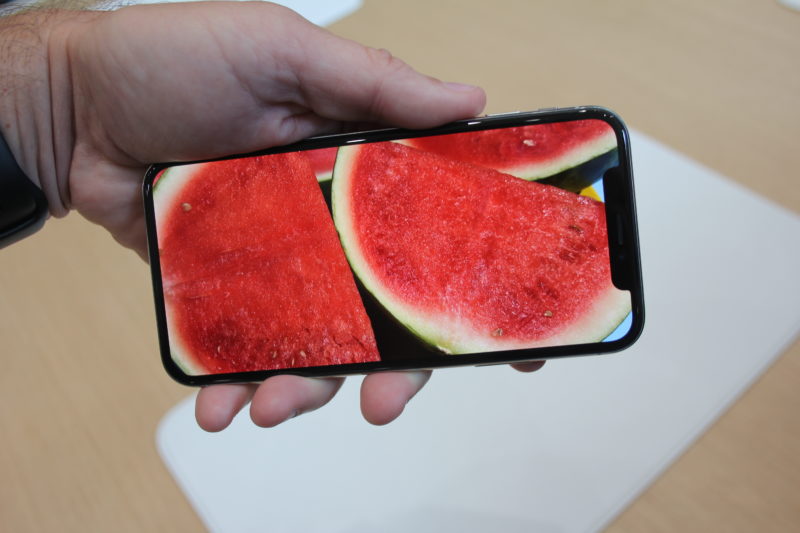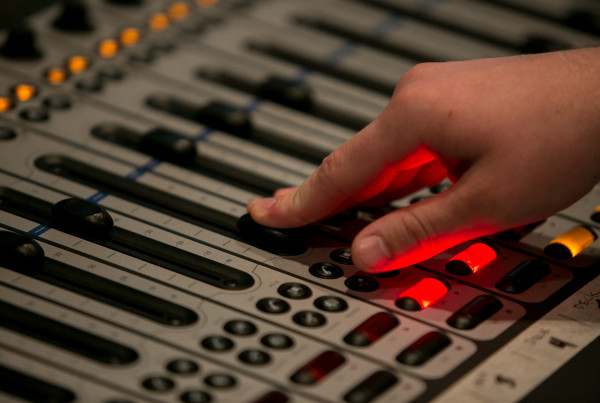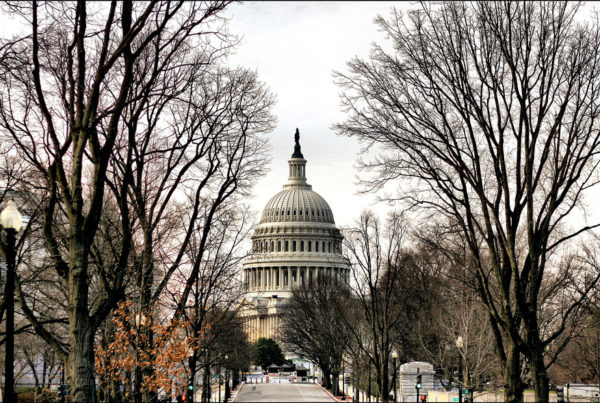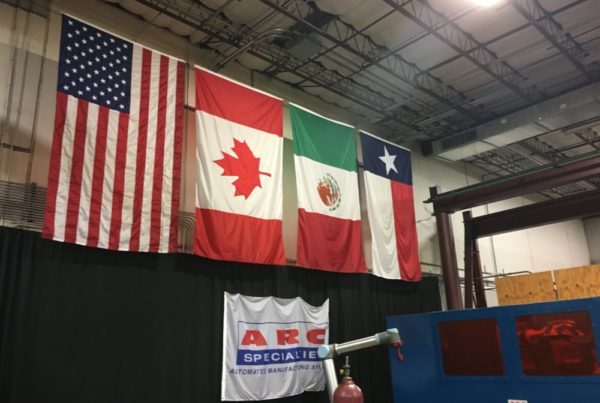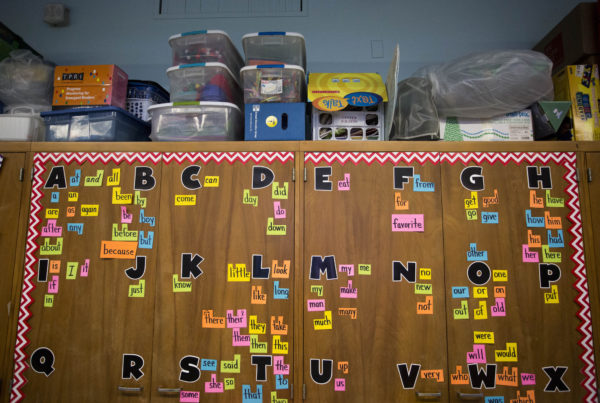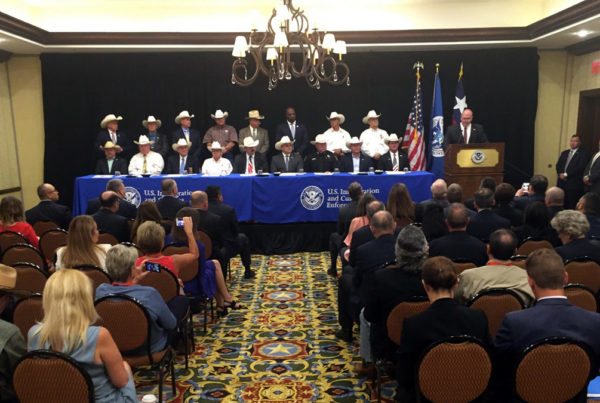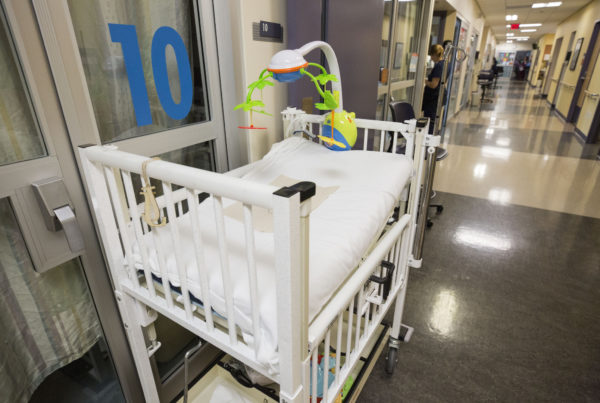On Wednesday, the U.S. Supreme Court will hear arguments in a case that some say has the potential to be the most important privacy case of the century. It started with a smartphone and a string of robberies in the Midwest.
In 2010, a Radio Shack store in Detroit was robbed at gunpoint. Over the next three months, eight more stores in Michigan and Ohio were hit by armed robbers. Prosecutors acquired cell phone tower data that placed Timothy Ivory Carpenter’s phone near the scene of the crimes. He was convicted and sentenced to 116 years in prison, based on Carpenter’s cell data gathered by prosecutors without a warrant.
The Carpenter case turns on how much privacy we can expect when it comes to the information on our phones. Steve Vladeck, a professor at the University of Texas School of Law, says the existence of smartphone data provides the government with an unprecedented source of knowledge about people’s movements and actions over time.
“When the law enforcement officers are using Cell Site Location Information, or CSLI – which cell towers our cell phone are pinging at any given moment – they have the ability to track our movements over any period of time,” Vladack says.
Vladack says the Carpenter case also has implications for the Fourth Amendment’s third-party doctrine.
“The third-party doctrine premises that basically we have no expectation of privacy in information that we voluntarily share with third parties,” Vladack says. “Folks who use a smartphone are voluntarily sharing with third parties every moment, whether we want to or not. That’s a staggering amount of information the government would have access to without any judicial process.”
But good privacy management strategies aren’t enough to keep government away from your data, Vladack says.
“Even then, your phone is still talking to a cell phone tower,” he says. “That’s why CSLI is such a powerful test case. It’s perhaps the one piece of data that we are almost all sharing with our phone companies that we have the least control over, and that can tell those phone companies, and through them, the government, the most about our movements.”
Vladack says the Supreme Court has been looking for an opportunity to weigh in on the third-party doctrine for years. He suspects the justices will attempt to craft a compromise that limits some government access to cell phone activity.
Written by Shelly Brisbin.


